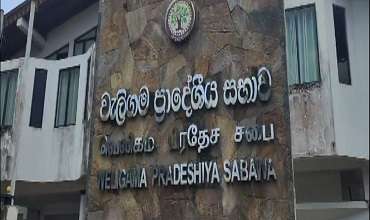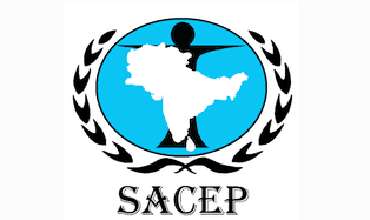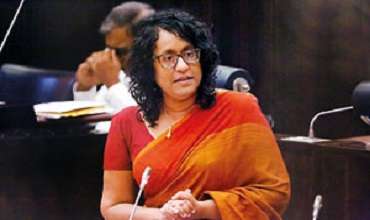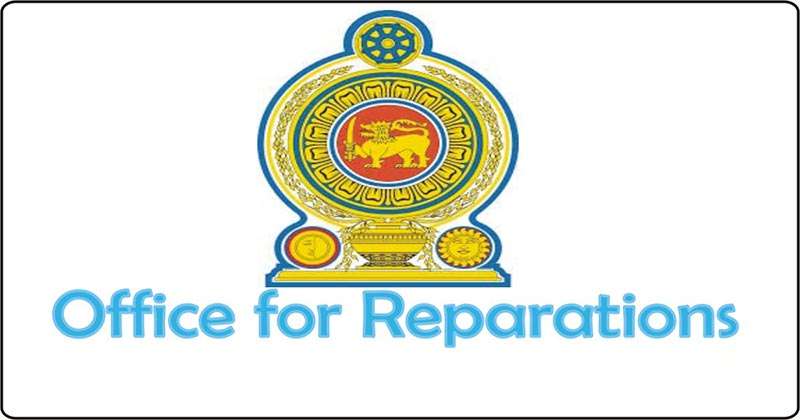TISL Welcomes Anti-Corruption Bill, but Flags two major concerns
-
The proposed Anti-Corruption Bill, which seeks to replace the Bribery Act (Chapter 26), the Commission to Investigate Allegations of Bribery or Corruption Act No. 19 of 1994, and the Declaration of Assets and Liabilities law No. 1 of 1975, has been gazetted and is expected to be tabled in the Parliament soon. This Bill was open for comments from the public ,
Transparency International Sri Lanka (TISL) notes that while there are several worthy provisions that seek to improve upon the existing anti-corruption legal framework in Sri Lanka such as recognizing sexual favors as a form of gratification, including private sector corruption, and corruption offences related to sporting events within its ambit.
There are changes such as the Declaration of Assets and Liabilities Law that anti-corruption activists, the TISL noted.
The Bill also significantly increases fines that can be imposed for offences. The CIABOC –(the Commission to Investigate Allegations of Bribery or Corruption) will be the central authority where all declared assets and liabilities will be filed and all declared assets will be publicly available through an electronic system subject to a redaction of certain sensitive information. Under the proposed law, even the President will need to declare his assets and liabilities which is not covered in the existing law.
However, TISL notes two serious concerns in the proposed law. It seeks to override all other written law, which includes the Right to Information Act. The proposed law contains sections that require officials of the CIABOC to sign oaths of secrecy and therefore,
The two serious concerns expressed by the TISL contained in the Bill is that it overrides all other written laws which includes the Right to Information Act. Certain sections of the law requires officials of the CIABOC to an oath of secrecy, hence the disclosure of information by CIABOC under the new law will only be possible with special permission from the Commission. As such, the proposed law promotes a culture of secrecy by making access to information from the CIABOC more difficult and thereby negates the objective to “enhance transparency in governance,” as stated in the Bill.
TISL also notes that Section 119 of the Bill, which refers to false allegations, appears to send a negative signal to citizens willing to come forward as informants to report corruption. While the similar provision in the current law has not been misused targeting corruption fighters, this particular provision could become seriously dangerous in a context of a politically influenced public service, or in a weak governance. As an organization that advocates for citizens’ freedom of expression, TISL believes that the proposed Bill should be more robust and progressive enough to encourage whistleblowers and citizens to come forward and report corruption without fear of repercussions, while discouraging the corrupt.
TISL further emphatically highlights that the law itself, on paper, cannot create solve the outbreak of systemic corruption in Sri Lanka since the effectiveness of the law will entirely depend on its enforcement. For instance, the Bill provides for joint investigations and international co-operation, which will have no impact unless this is practically implemented. Under this Bill, the CIABOC is granted huge police powers, which provides adequate space for CIABOC to carry out its functions. TISL reiterates that the successful implementation of those functions depends on the level of independence the Commission is given, starting with the appointment of the Commission and the Director-General, the creation of an enabling environment where the commission and law enforcement officials are able to act without undue influence and intimidation, availability of resources including human resources, financial independence, and knowledge capacity.
-
Still No Comments Posted.














Leave Comments